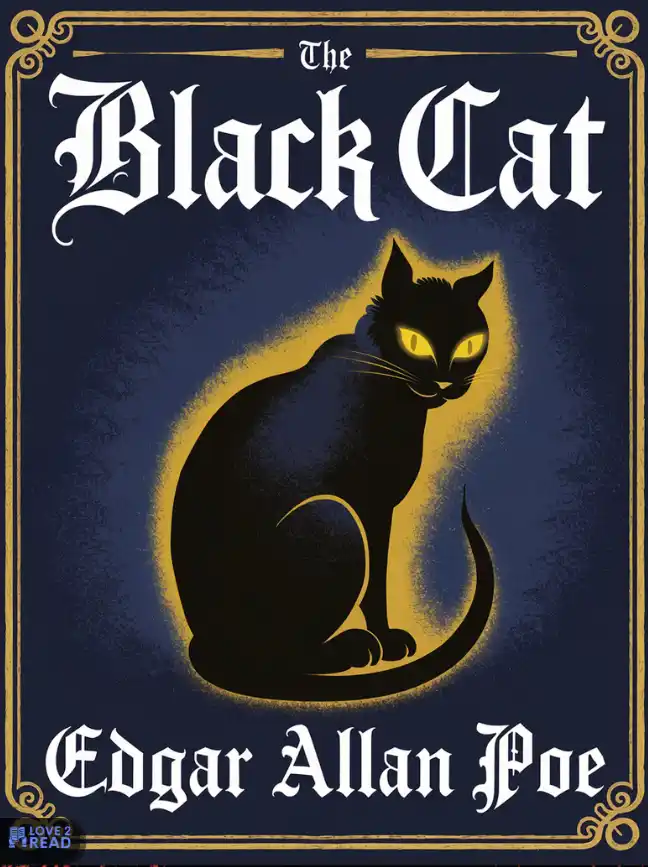(Desdemona, Iago, Rodrigo, and Aemilia rejoin the previous group.)
Cassio.
—O look! the ship’s treasure has come ashore:
men of Cyprus, let your knees welcome it! Hail,
mistress, and every blessing from heaven go before you, follow you,
and hover around you by your side.
Desdemona. I thank you, brave Cassio—what news can you give me of my lord?
Cassio. He hasn’t arrived yet, but I know nothing but that he’s well and will be here shortly.
Desdemona.
Oh—I only fear—How did you lose him?
Cassio.
The fierce strife between air and sea separated our
company—But hark, a sail!
Behind the scenes:
A sail! A sail!
Officer. This salute is made toward the citadel; it is also a friend.
Cassio.
See what it is: my dear ensign, welcome! (To Aemilia,
with a kiss.)
Welcome, madam. Do not be offended, my good Iago, that I
give vent to my joy; it is a custom from my
upbringing that I
am so free in expressing a due courtesy.
Iago.
I would, my lord, that she were as generous to you with her
lips as she often is to me with her tongue; you would
have enough of her!
Desdemona.
What, she doesn’t say anything.
Iago. Truly, only too much; I always find it when I would fain sleep; before your grace, I myself believe that she puts her tongue a little into her heart, and only scolds in thought.
Aemilia.
You have little reason to speak like that.
Iago.
Come, come, I know you women as well as anyone; you are
pictures outside your house; bells in your room; wild cats in your
kitchen; saints when you offend; devils when you
are offended; comedians in your household, and nowhere housewives
but in—your bed.
Desdemona.
Oh, shame on you, you vile slanderers!
Iago. No, it is as I say, or I will be a Turk; you rise to play, and go to bed to work.
Aemilia.
You certainly shouldn’t write me a eulogy!
Jago.
I do not advise you to appoint me for this.
Desdemona.
What would you write of me if you had to praise me?
Iago. O lady, tempt me not; I am nothing, or I am a critic.
Desdemona. Come, a little rehearsal—Someone has come into the bay.—
Jago.
Yes, Madam.
Desdemona. I am not tidy; I lie to what I am, by seeming otherwise;—Come, what would you say to my glory?
Iago. I am truly working on it; but, indeed, my invention leaves my brain-box as reluctantly as birdlime leaves a rooster—but my muse is working, and now she is freed—every mouth confesses and says she is as wise as she is beautiful, but one consumes the other, that must also be admitted.
Desdemona.
Excellent; but what if she were beautiful and silly?
Jago.
Silly? Well, the stupidest beauty always had so much sense
that she found, if not a husband, at least an heir.
Desdemona. These are old, worn-out ideas to make fools laugh in the alehouse. What poor praise, then, have you for one who is ugly and foolish?
Iago.
No one is so stupid and ugly that, in cunning in a wicked situation,
she does not contest the advantage of the most cunning and beautiful.
Desdemona. O gross ineptitude! You praise the worst best. But what then could you say to the praise of a woman who truly deserves praise? One whose merits are so undeniable that she might risk the judgment of wickedness itself?
Iago.
She who, with her beauty never fading, is free from pride and stubbornness,
a master of her tongue, yet no screamer,
always has money in her purse and has never disgraced herself thereby,
who can calmly avoid what her heart would gladly grant;
who, when a man offends her, yet gladly renounces revenge,
who, it is believed, so pleases gentle women’s hearts:
who is so true to wisdom that she has never in her life,
For the tail of the best salmon, given the head of a flounder;
who thinks indeed, but what she thinks, confides to no one but herself
,
nor, when her suitors follow her, looks around in distraction;
this, if she ever was, could well be excellent—
Desdemona.
And then what for?
Jago.
To keep a Schmahl-Beer protocol and suck fools dry.
Desdemona. Oh, what a crippled, poor conclusion! Learn nothing from him, Aemilia, though he be your husband. What say you, Cassio, would he not make fine counsel?
Cassio.
It is better meant than said, madam; your grace will
find the soldier in him more than the scholar.
Iago (aside.) He takes her by the hand; well, well given—whispering in each other’s ears—I need no stronger web than this to snare so great a fly as Cassio. Ay, smile on her, do it—in your own courtesy you shall be caught—You are right, it is so, indeed—If such poor little liberties should cost you your lieutenantship, it were better you had not kissed your three fingers so often—O excellent! well kissed! excellent gallantry!—it is so, indeed—Once more—your fingers to your lips? I would they were enema syringes, you are so dear to me.
(Trumpets.)
Ha, the Moor is coming; I know his trumpet.
Cassio.
It’s really so.
Desdemona.
We will go to meet him—
Cassio.
Look, here he is.





